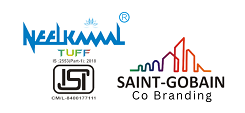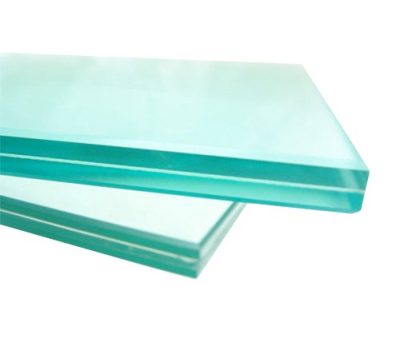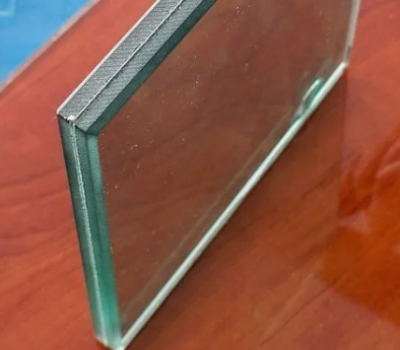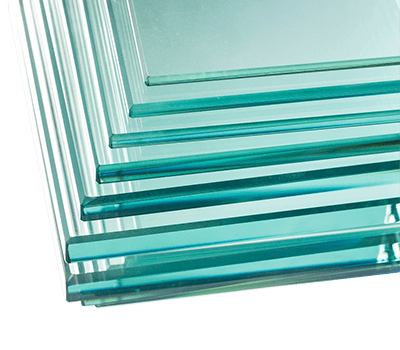Laminated glass is a type of safety glass that is commonly used in a variety of applications, including automotive windshields, building windows, and skylights. It is made by bonding two or more layers of glass together with a layer of clear or tinted plastic, typically polyvinyl butyral (PVB) or ethylene-vinyl acetate (EVA), using heat and pressure.
Laminated glass is a popular type of safety glass used in a variety of applications, including automotive windshields, building windows, and skylights. It is made by bonding two or more layers of glass together with a layer of clear or tinted plastic, typically polyvinyl butyral (PVB) or ethylene-vinyl acetate (EVA), using heat and pressure. This process creates a strong, durable material that is resistant to impact, breakage, and other forms of damage.
One of the main benefits of laminated glass is its safety features. When laminated glass is broken, the plastic interlayer holds the broken pieces together, which can help prevent injury and damage. This makes laminated glass an ideal choice for use in applications where safety is a top priority, such as automotive windshields and building windows.
In addition to its safety benefits, laminated glass offers several other advantages. The plastic interlayer can help reduce noise transmission, making it a popular choice for use in soundproofing applications. Some types of laminated glass can also be treated with coatings that help protect against UV radiation, which can help prevent fading and damage to interior furnishings.
Laminated glass is also versatile in terms of design. It can be produced in a variety of colors, patterns, and thicknesses, which allows for a wide range of design options. It can also be combined with other types of glass, such as tempered glass or low-emissivity (low-e) glass, for added functionality.
However, laminated glass does require specialized installation techniques and adhesives, which require specific training and expertise. Proper installation is critical for ensuring the maximum safety and performance of the glass. Laminated glass also requires regular cleaning and maintenance to keep it in good condition.
Overall, laminated glass is a strong, durable, and safe choice for a variety of applications. Its many benefits make it a popular choice for architects, designers, and engineers who prioritize safety, sound insulation, UV protection, and design flexibility.




